We would like to invite you to the latest research seminar of the Creative Technology Research Centre.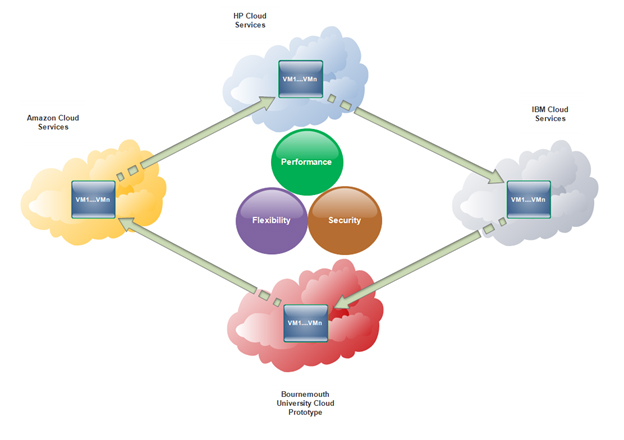
Speaker: Ibrahim Mansour
Title: Live Migration of Virtual Machines to the Cloud and its associated issues
Time: 2:00PM-3:00PM
Date: Wednesday 6th January 2016
Room: P302 LT, Poole House, Talbot Campus
Abstract: Cloud computing provides users the ability to access shared, online computing resources. However, providers often offer their own proprietary applications, interfaces, APIs and infrastructures, resulting in a heterogeneous cloud environment. This heterogeneous environment makes it difficult for users to change cloud service providers; exploring capabilities to support the automated migration from one provider to another is an active, open research area. Many standards bodies (IEEE, NIST, DMTF and SNIA), industry (middleware) and academia have been pursuing approaches to reduce the impact of vendor lock-in by investigating the cloud migration problem at the level of the VM. However, the migration downtime, decoupling VM from underlying systems and security of live channels remain open issues. This talk focuses on analysing recently proposed live, cloud migration approaches for VMs at the infrastructure level in the cloud architecture. The talk will highlight issues with flexibility, performance, and security of the approaches, including additional loads to the CPU and disk I/O drivers of the physical machine where the VM initially resides. Finally, the talk will introduce how a new approach, LibZam (Libya Zamzem) will be developed. LibZam is a tangible system that will work towards addressing the identified limitations.
We hope to see you there.
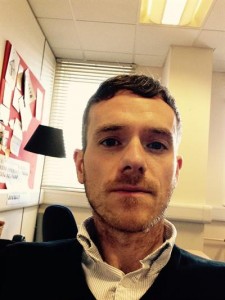




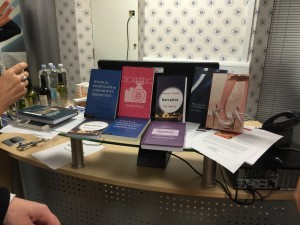
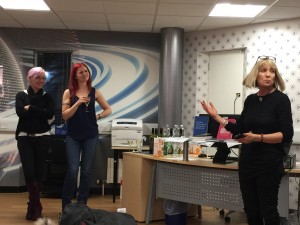
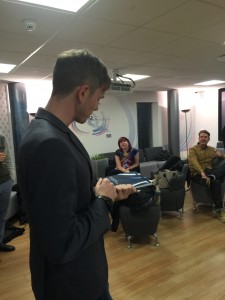
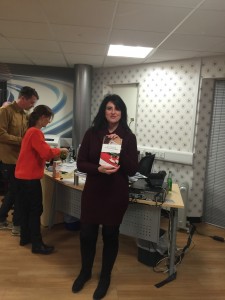
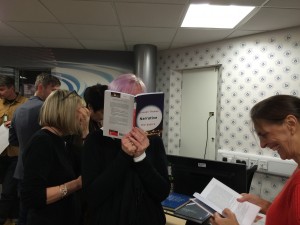
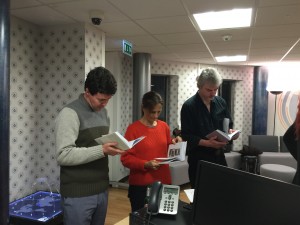


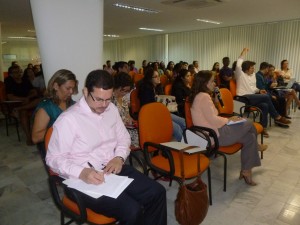
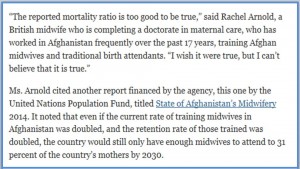
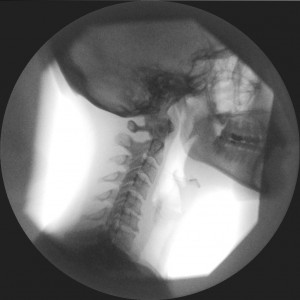











 Upcoming opportunities for PGRs – collaborate externally
Upcoming opportunities for PGRs – collaborate externally BU involved in new MRF dissemination grant
BU involved in new MRF dissemination grant New COVID-19 publication
New COVID-19 publication MSCA Postdoctoral Fellowships 2024
MSCA Postdoctoral Fellowships 2024 Horizon Europe News – December 2023
Horizon Europe News – December 2023